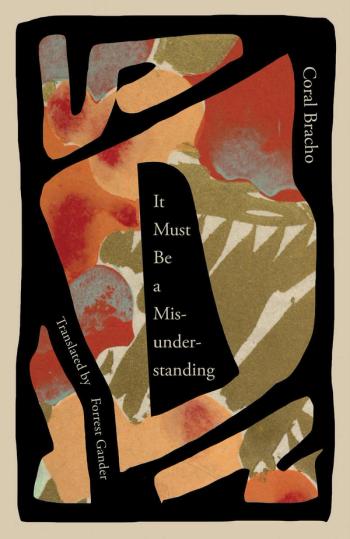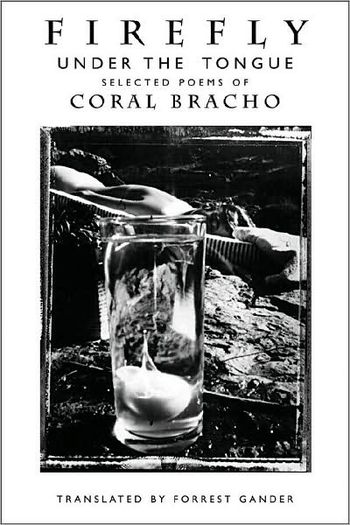Coral Bracho
Coral Bracho was born in Mexico City in 1951. She is the author of eleven books of poems, plus two children poetry books, including Tierra de entraña ardiente, in which she collaborated with the painter Irma Palacios. Among her grants and prizes are the Aguacalientes National Poetry Prize in 1981 and a Guggenheim fellowship in 2000. Her poems have appeared in American Poetry Review, Bomb, Conjunctions, The Nation, and Poetry International.


